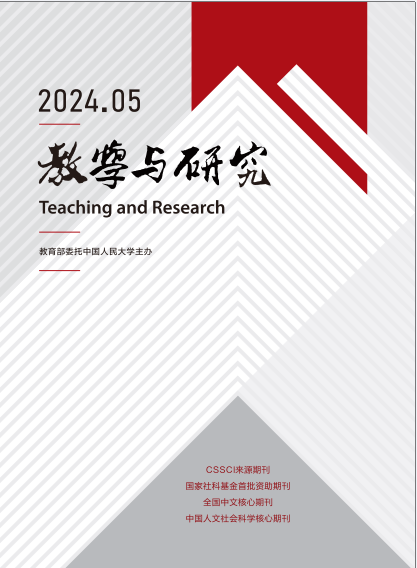|
|
Marx's View on Modernization and the Chinese Path to Modernization
Xie Fusheng, Jiang Nan
2024, 58 (5):
69-84.
Marx's texts contain a wealth of ideas on modernization, and the Communist Party of China draws on the general laws of capitalist modernization expounded by Marx, integrating the basic tenets of Marxism with China's specific realities and integrating these tenets with the best of Chinas traditional culture, adhering to the peoplecentered philosophy, focusing on the contradiction between social production and social needs, constantly carrying out institutional innovation and selfreform, promoting the adaptation of production relations to the development of productive forces, and innovating and developing the theory of modernization with the practice of pursuing the Chinese path of modernization. On the one hand, the Chinese path to modernization follows the universal approach to the modernization of various countries in terms of the production mode, political system, social relation, value orientation, and world market; and on the other hand, it presents particularities in terms of the leadership, basic system, population size, development goal, development of civilization, ecological construction, and foreign relations. The combination of universality and particularity in the Chinese path of modernization has given birth to a new theory of modernization.
Related Articles |
Metrics
|



